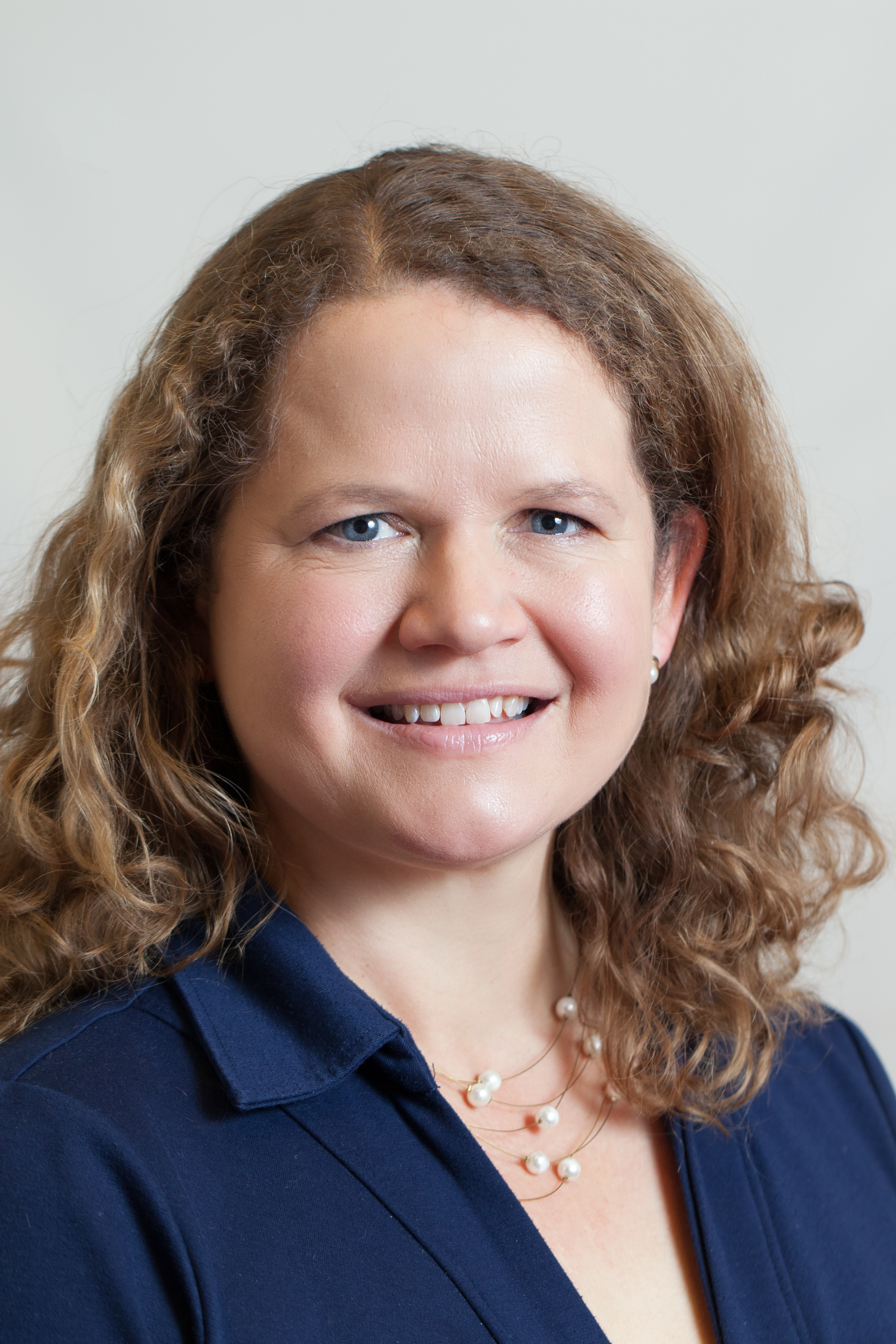Department Heads talk about gender diversity: an interview with Sabine Roeser
What can we learn from our colleagues regarding the role of women in science? In a series of interviews our Department Heads share their views on gender diversity, equality and inclusion. What are their thoughts, ideas and actions on creating diverse and inclusive working environments? Today we are talking to Sabine Roeser, Professor of Ethics, and head of the Department of Values, Technology and Innovation at the Faculty of Technology, Policy and Management. Sabine was also a previous DEWIS board member.
What does gender equality mean to you?
“It is often said that diverse teams are more effective, but this is secondary to me. Primarily, it is a matter of justice. This means creating the conditions to have a truly inclusive environment, where people feel comfortable and at home. A welcoming culture where people do not feel excluded based on their gender. This requires continues awareness, because we all have unconscious biases.
How can we attract and retain more women?
We are looking at the academic context, but it starts so early. I hope in the future boys can dress like princesses and girls can play with excavators. It is so important to take away the gender stereotyping in toys, books and children’s films. Gender stereotypes are continuously evoked in our educational system and in society. The scientist in a children’s program is typically not from the non-dominant group. Take a look at the teaching materials children get. What pictures do these books portray?
In the past, I heard standard answers like: ‘Gender diversity will come in time. We just have to wait for the pipeline to fill.’ But we know that this does not happen by itself. We need to change the conditions.
It is also often said: ‘We only look at quality.’ However, the way we define, recognize and perceive quality is coloured by prejudices and stereotypes. Because of our biases, it is never only about quality.
For example, in the past many people in the Netherlands assumed that men work fulltime and women work part-time. But this is not a given and can be rearranged by organizing things differently together at a family, societal and organisational level, to share work and care tasks more equally. Also, we should not make assumptions about a person but ask them what they want.
Do we need more crude measures like quota?
A quota should be our last resort. The Delft Technology Fellowship was installed because specifically in engineering it is difficult to break through patterns and to attract more women. It has proven to be a great instrument for attracting excellent female academics. However, we should also try to change things at the root, by identifying and eliminating structural biases and inequalities.
Can you elaborate on the phenomenon of Implicit Bias?
Biases are everywhere and every day, and we are all prone to them and need to consciously work on overcoming them. Furthermore, there are phenomena like ‘Mansplaining’, where a man provides unsolicited explanations to a woman who is actually more of an expert on the subject than the man. Or ‘Hepeat’, where a man repeats the initial idea of a woman and gets the credit. These labels as well as the label #MeToo helped to explain and make visible what women were encountering regularly.
What can we do?
Even when we see the phenomena on a collective level, it is not so easy to deal with them on an individual level. It is often hard to prove and explain to people that their behaviour is inappropriate, discriminating or stigmatizing. This is very sensitive. Often, it is a woman bringing this to the attention and as a reaction, the woman has a problem. This is why women often choose to stay silent. I hope everybody becomes more aware of these phenomena. We need more critical bystanders to speak up. As a leader, we need to set an example by using careful language, continuously reflecting on our choice of word and also recruiting and being open to feedback from others.
What more can people in leadership positions do?
Leaders showing a sensitivity to these issues really helps. In addition, people in leadership positions can learn from others who are more knowledgeable about these things. For example, we organized a diversity and inclusion workshop with several internal experts from our department to talk about the different dimensions of diversity and inclusiveness. This was very inspiring.
What would your ideal university look like?
Let me explain with an example. In the schools of my children, they are paying a lot of attention to LGBT+ diversity. We did not have that in my time; sexual orientation was not a topic that was discussed. Also, in the past, people often felt uncomfortable by for example talking about gender diversity. I am glad that this has changed. But in the future, it would be nice if diversity will be more a given, and we will no longer take a specific gender or sexual orientation as the implicit norm. I hope that we will have truly inclusive environments where you can be yourself.
